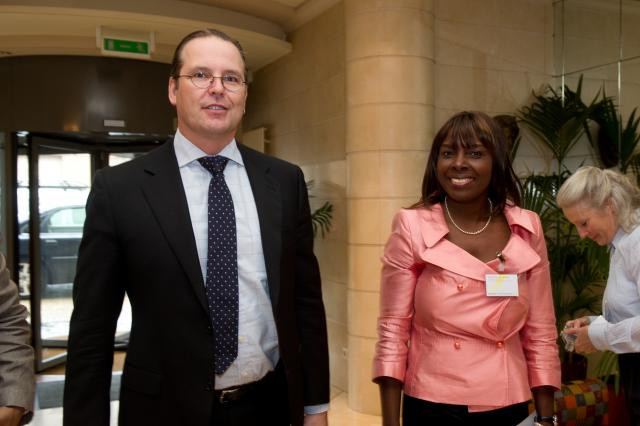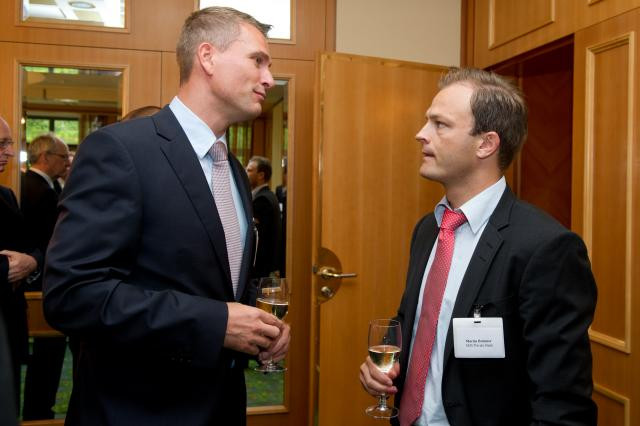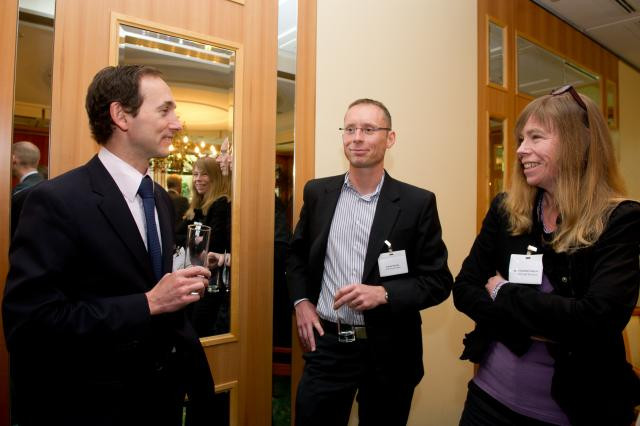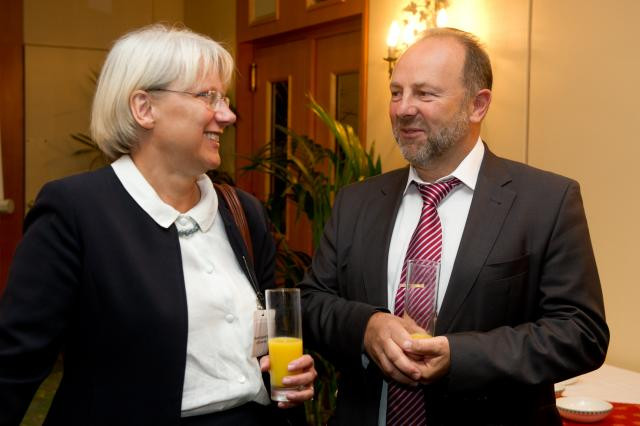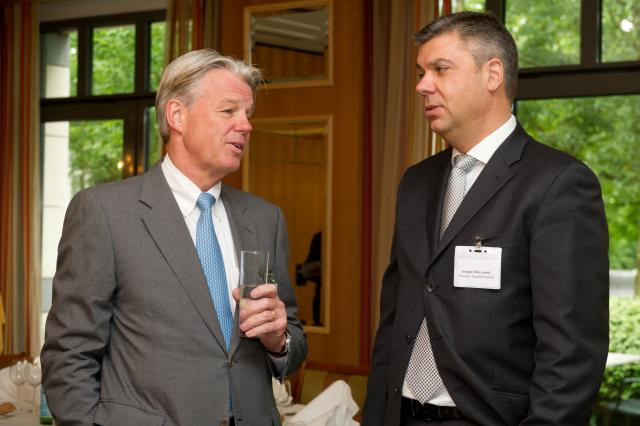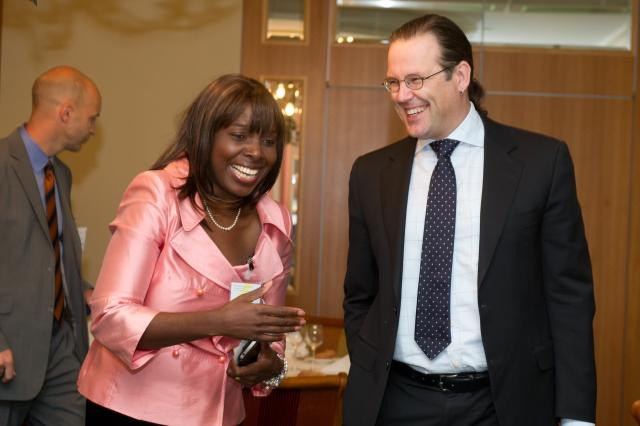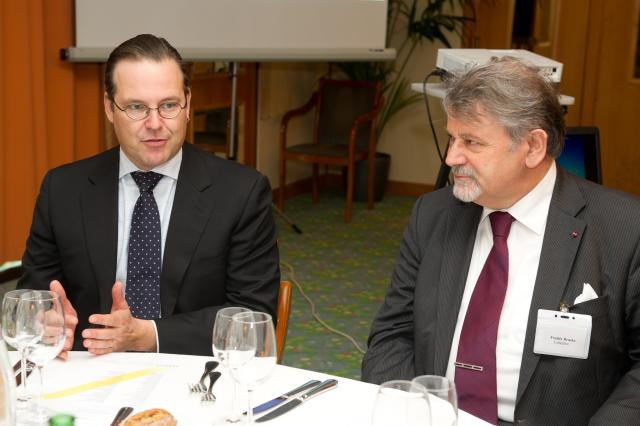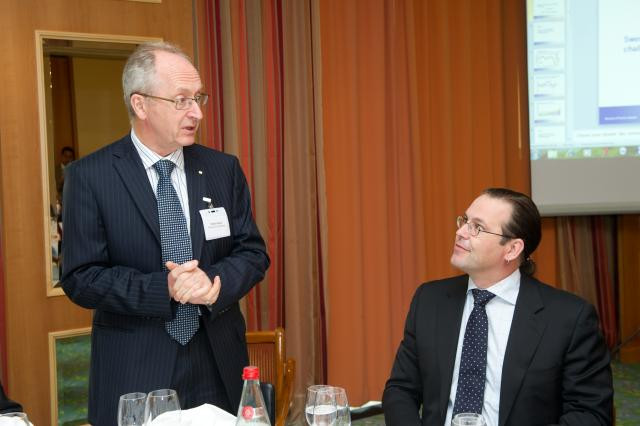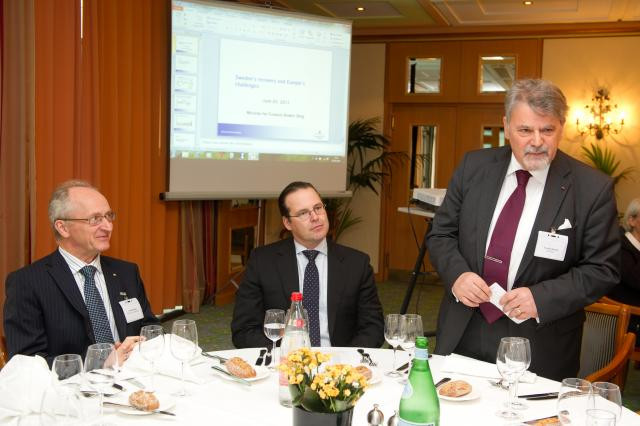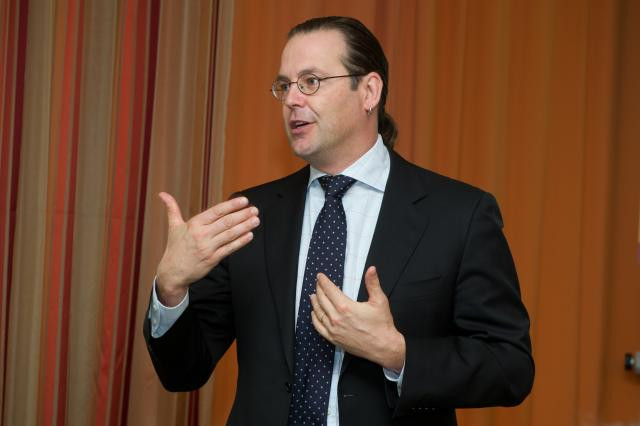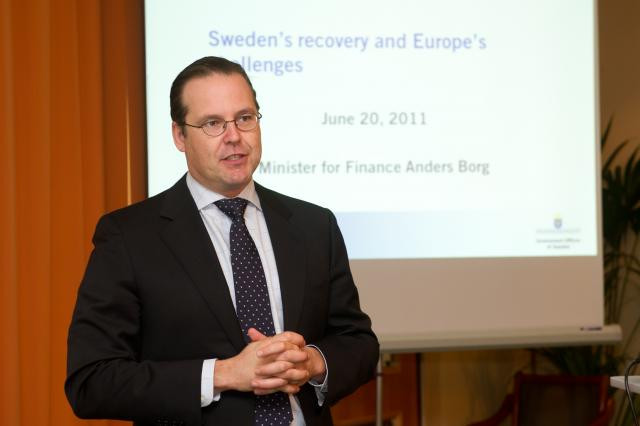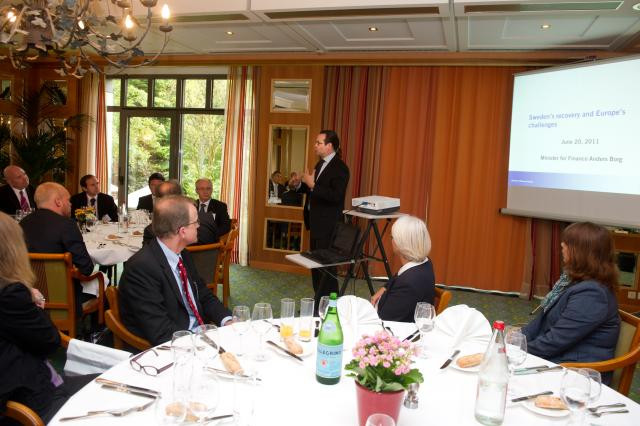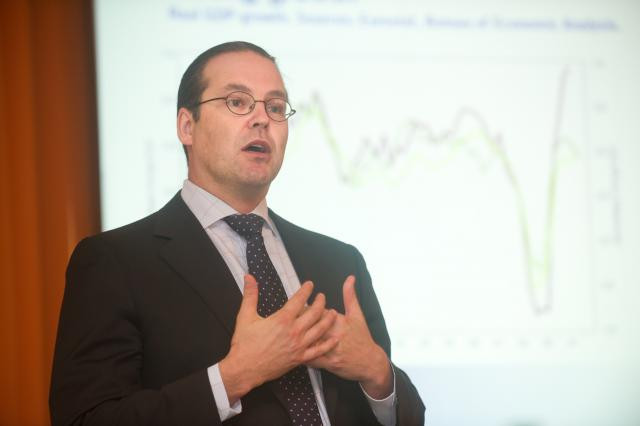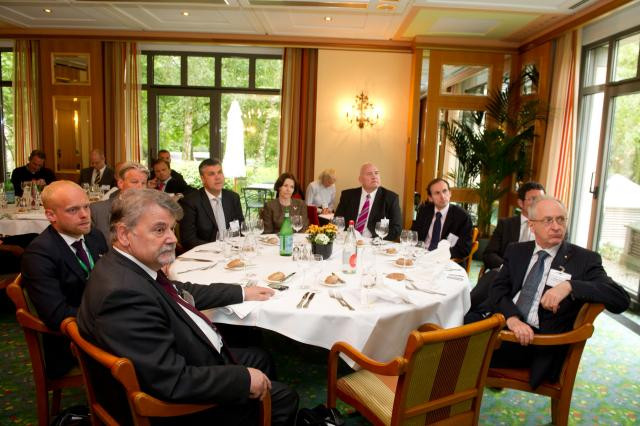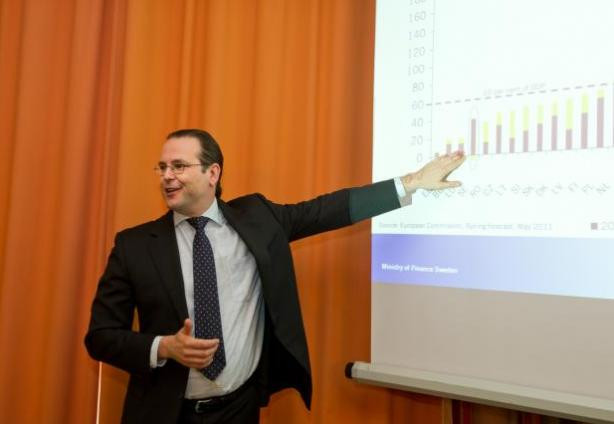Pressed for time, Anders Borg nevertheless kept his scheduled speaking engagement in front of the Nordic Countries-Belgium-Luxembourg Chamber of Commerce meeting. At the same time, Borg said he had “a good excuse for rushing out of here” to return to the European Union negotiations on the Greece’s debt crisis and the establishment of the European Stability Mechanism (see Delano April 2011 print edition).
During his speech, Borg drew parallels between Sweden’s own 1990’s financial crisis and the current Greek problems. At the time, Borg said Sweden had one of the most bureaucratic economies in the world and one of the highest labour tax levels in Europe, similar to the situation Greece finds itself in today. After radical reforms, the Swedish economy is today ranked as one of the most competitive—“a huge shift,” the minister commented.
The country even managed to continue lowering its public debt levels throughout the recent downturn, so the minister said it could “be Keynesian without losing credibility with the markets,” meaning Sweden actually boosted government spending without damaging its bond ratings.
Greek debate
Borg said he was “straddling both sides” in the debate between the European Central Bank--which says any renegotiation of Greek debt will be considered a default—and many Northern European governments--which say bondholders need to take some losses before Greece can put its public finances back in order.
In a response to a question from Delano.lu, he said Swedish “banks’ exposure seems to be rather limited,” to Greek bonds. “From that perspective, I’m not that worried.”
However, he expressed minor frustration that the negotiations were not yet concluded. “That matter should have been settled yesterday [Sunday] in the euro group. I can understand why it wasn’t.”
He explained: “It’s quite obvious people are not ready to compromise on one side because they don’t see enough movement on the other side. Probably it was a mistake to give indications [to the public] that this [issue would be resolved at] this meeting. It’s a process that will take two or three [more] weeks.”
